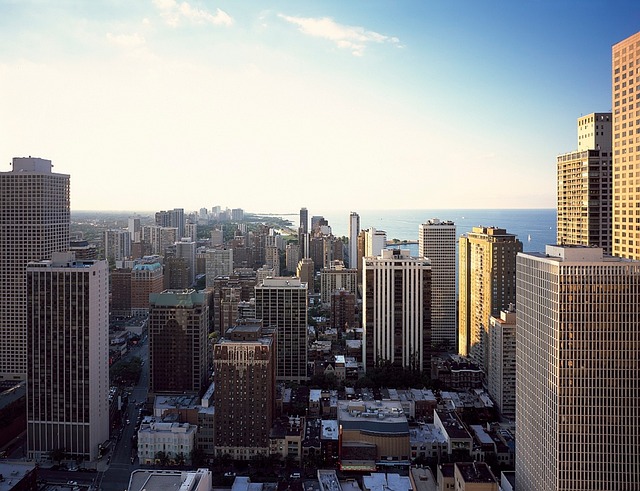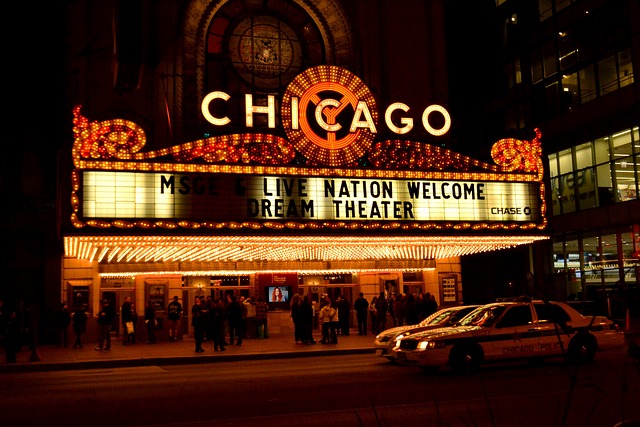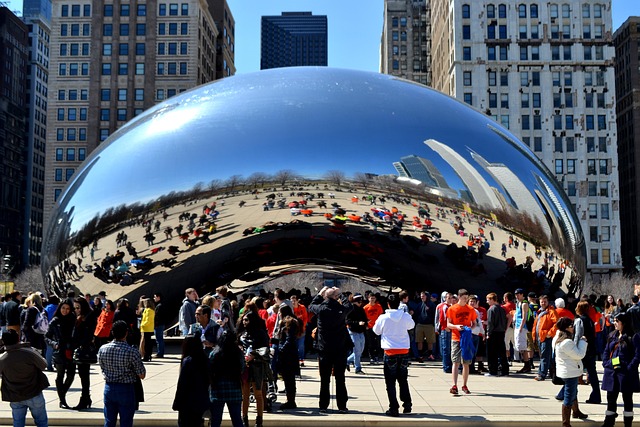In Illinois, distressed property sales include foreclosures, short sales, and fire-damaged homes, offering opportunities for buyers seeking deals. Selling a fire-damaged house in Chicago involves assessing damage (step 1), engaging professionals for repairs (step 2), updating legal docs (step 3), marketing through specialized agents (step 4 & 5), negotiating with buyers (step 6), and ensuring a favorable sale.
“Illinois, particularly the bustling city of Chicago, witnesses a unique real estate phenomenon through distressed property sales. This article delves into the intricate world of these sales, focusing on the specific challenge of selling a fire-damaged house in Chicago. With a step-by-step guide, we navigate the process, offering insights for homeowners and investors alike. Understanding distressed properties is crucial, especially when it comes to effectively marketing and selling fire-ravaged homes in this vibrant city.”
- Understanding Distressed Property Sales in Illinois
- Selling a Fire-Damaged House in Chicago: A Step-by-Step Guide
Understanding Distressed Property Sales in Illinois

In Illinois, distressed property sales refer to the process of buying and selling homes that are in various stages of distress, such as foreclosure, short sales, or fire-damaged houses in Chicago. These situations often arise when homeowners face financial hardships, making it impossible for them to maintain their properties. When a lender initiates foreclosure proceedings due to unpaid mortgages, or when a homeowner opts for a short sale to avoid foreclosure, the property enters the distressed market.
Fire-damaged homes in Chicago are another common type of distressed property. These homes have suffered structural damage or partial destruction due to fires, which can significantly impact their value and marketability. However, with proper repairs and renovations, these properties can be purchased at discounted prices by investors or buyers seeking affordable housing options. Understanding the nuances of distressed property sales is crucial for both sellers looking to offload their damaged assets and buyers aiming to secure valuable real estate deals in Chicago’s competitive market.
Selling a Fire-Damaged House in Chicago: A Step-by-Step Guide

Selling a fire-damaged house in Chicago requires careful consideration and a structured approach to ensure a smooth transaction. Here’s a step-by-step guide for navigating this process:
1. Assess the Damage: Begin by thoroughly inspecting the property. Document all visible damage, including structural, electrical, plumbing, and any other significant issues. This step is crucial for accurate insurance claims and setting realistic expectations for potential buyers.
2. Consult with Professionals: Engage the services of experienced contractors and public adjusters to assess repairs needed. They can provide detailed estimates, help navigate insurance claims, and ensure the property meets safety standards, making it more attractive to prospective purchasers.
3. Update Legal Documentation: After repairing or removing damage, update the property’s legal documents reflecting the changes. This might include deed modifications or building permits, ensuring all paperwork is up-to-date and in order for a successful sale.
4. Market the Property: List the house through reputable real estate agents who specialize in distressed properties. Utilize online listings, social media, and local advertising to maximize exposure among potential buyers interested in fire-damaged homes in Chicago.
5. Prepare for Viewings: Ensure the property is presentable during viewings by cleaning, de-cluttering, and making necessary repairs. Consider staging to make it more appealing, highlighting its potential rather than focusing on past damage.
6. Negotiate Offers: Evaluate each offer carefully, considering not just the asking price but also the buyer’s financial stability and plans for the property. Consult with your agent and legal counsel to secure the best terms for selling a fire-damaged house in Chicago.
Distressed property sales, particularly fire-damaged homes in Chicago, present unique challenges but also opportunities. As seen through the step-by-step guide provided, navigating these sales requires understanding local regulations and working with specialized professionals. When approached strategically, selling a fire-damaged house in Chicago can be a successful process, enabling property owners to recover losses and contribute to the region’s ever-evolving real estate landscape. Remember that, for those looking to sell fire-damaged properties in Chicago, there are resources available to help guide the way, ensuring a smoother transition during what can be a stressful time.






